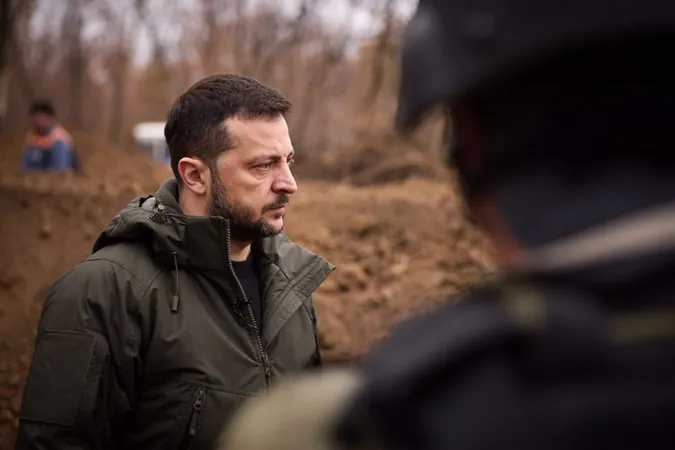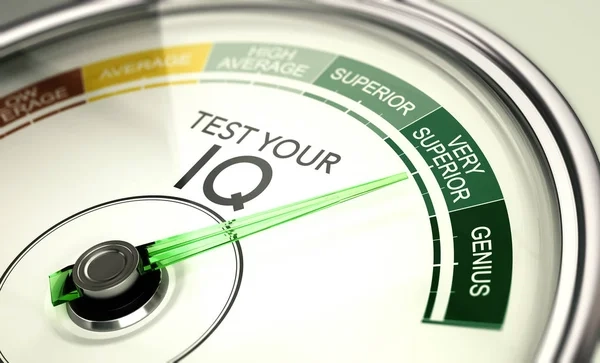
Zelensky Shifts Strategy: Diplomacy Over Force to Reclaim Ukrainian Territories!
2024-12-02
Author: Ling
Introduction
Ukrainian President Volodymyr Zelensky has unveiled a new approach to ending the protracted war with Russia, placing a stronger emphasis on diplomatic avenues rather than military might. In a recent interview with Kyodo News, he underscored that Ukraine's path to reclaiming its occupied territories hinges significantly on securing NATO membership.
Challenges on the Battlefield
As Russian troops make notable advances in eastern Ukraine, Zelensky candidly acknowledged the challenges his armed forces face, admitting, “Our army lacks the strength to do that. That is true.” He specifically referenced the difficulties in retaking Russian-occupied areas, including Crimea, adding that finding diplomatic solutions is imperative.
Diplomatic Strategy
Zelensky articulated that these diplomatic negotiations would only gain traction 'when we know that we are strong enough' to prevent further aggression from Russia. He called for expedited discussions on NATO membership, deeming the alliance essential for ensuring Ukraine's long-term security.
Negotiating Security for Territories
This shift in strategy indicates a readiness to negotiate the possibility of returning some occupied territories after the war, provided that Ukraine's security conditions are guaranteed. This is a marked departure from his previous, more aggressive stance of reclaiming all lost lands through military force.
Concerns Over North Korean Involvement
Adding to the complexity of the situation, Zelensky brought attention to Russia’s reported enlistment of North Korean soldiers, estimating that around 12,000 troops have been dispatched to the Kursk region close to the Ukrainian border. He expressed concerns that these forces, trained in modern warfare techniques, will serve as 'cannon fodder' for Russia, while potentially enabling North Korea to gain valuable combat insights that could destabilize the wider Asian region.
US Support and Political Dynamics
The interview also ventured into the realm of U.S. support as President-elect Donald Trump prepares for his administration. Zelensky noted that Trump and his team are evaluating Ukraine's 'victory plan,' which aims to fortify Kyiv's position for future negotiations. 'There will be no capitulation from the side of Ukraine,' he asserted, emphasizing a shared understanding with Trump of this unwavering stance.
NATO's Role
Former NATO Secretary General Jens Stoltenberg also weighed in, suggesting that Ukraine might be open to temporary territorial concessions if solid security guarantees, such as NATO membership, were established. He emphasized that a ceasefire should not equate to a permanent loss of territory, acknowledging, however, that the reclaiming of lost lands in the short term appears unlikely given current battlefield dynamics.
Desertion Concerns
Despite these strategic shifts, alarming reports show a worrying trend of desertions within Ukrainian ranks. In the first ten months of 2024 alone, more soldiers abandoned their posts than in the previous two years combined. Prosecutors have initiated 60,000 cases against deserters, with analysts attributing this surge to factors such as troop exhaustion, lack of sufficient rotation, and inadequate mental health support.
Military Staffing Issues
With only about 350,000 of its estimated 1 million military personnel on active duty, the Ukrainian military faces pressure from allies in the U.S. and U.K. to lower the conscription age to 18 in order to bolster its numbers. A U.S. official warned of Ukraine's insufficient mobilization to counter Russia’s expanding military presence.
Weaponry Shortages
However, in an interview with Sky News, Zelensky highlighted that the more pressing issue confronting the Armed Forces of Ukraine (AFU) is not merely troop numbers but rather a critical deficiency of weapons and supplies from allied nations. 'Some leaders told me you need younger [conscription age]. I said: what do you want them to do? To die without your weapons?' he stated with frustration.
Call for Immediate Support
Zelensky disclosed that out of the planned ten brigades, only two and a half have been fully equipped by Western allies, despite previous commitments made over a year ago. He criticized the delays, attributing them to 'bureaucracy' and subpar decision-making processes. Protecting lives, he emphasized, must remain paramount.
Hope for Ceasefire
In a hopeful note, Zelensky suggested that a ceasefire could be viable if NATO extends its protection to the territories currently under Ukrainian control, paving the way for potential peace in a conflict that has devastated the nation for far too long.
Conclusion
Stay tuned as this story develops—how will Ukraine navigate this challenging crossroads?


 Brasil (PT)
Brasil (PT)
 Canada (EN)
Canada (EN)
 Chile (ES)
Chile (ES)
 Česko (CS)
Česko (CS)
 대한민국 (KO)
대한민국 (KO)
 España (ES)
España (ES)
 France (FR)
France (FR)
 Hong Kong (EN)
Hong Kong (EN)
 Italia (IT)
Italia (IT)
 日本 (JA)
日本 (JA)
 Magyarország (HU)
Magyarország (HU)
 Norge (NO)
Norge (NO)
 Polska (PL)
Polska (PL)
 Schweiz (DE)
Schweiz (DE)
 Singapore (EN)
Singapore (EN)
 Sverige (SV)
Sverige (SV)
 Suomi (FI)
Suomi (FI)
 Türkiye (TR)
Türkiye (TR)
 الإمارات العربية المتحدة (AR)
الإمارات العربية المتحدة (AR)